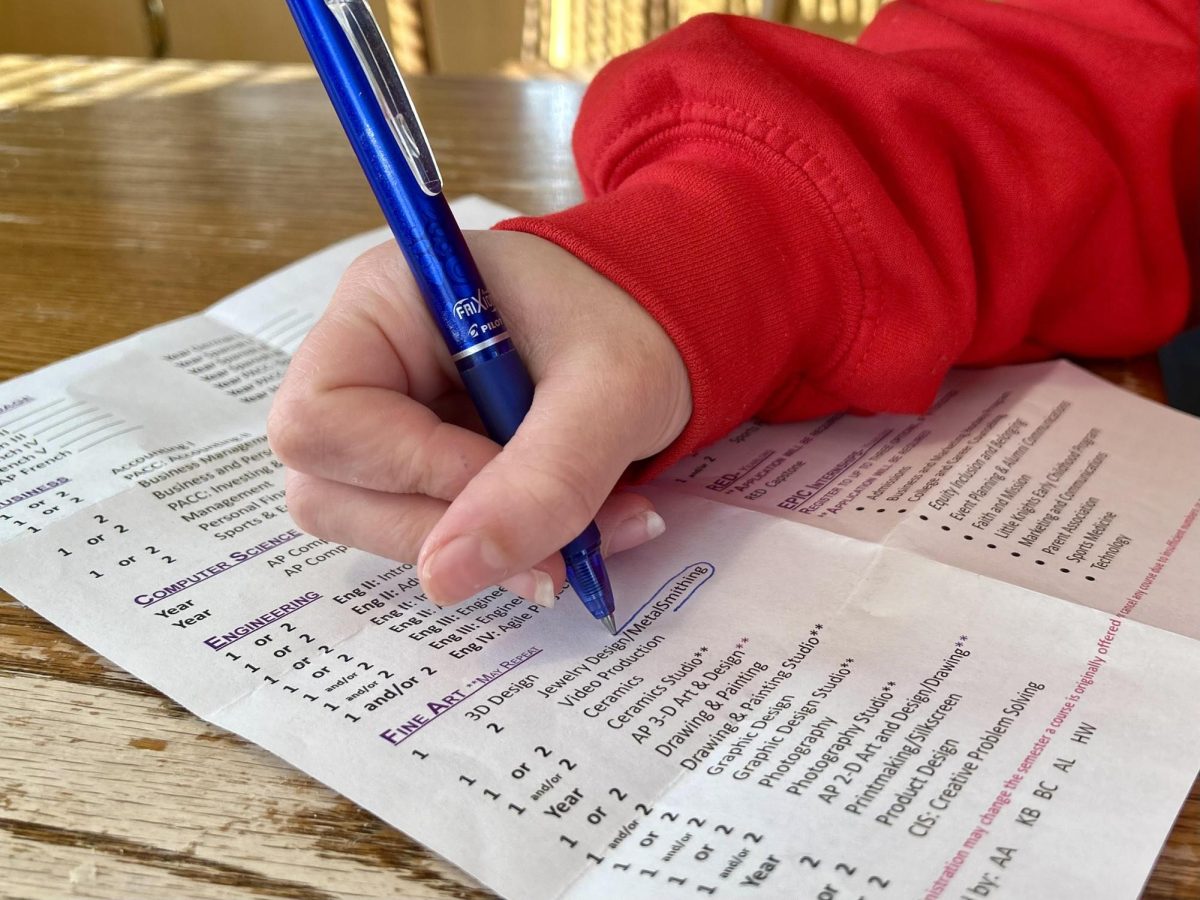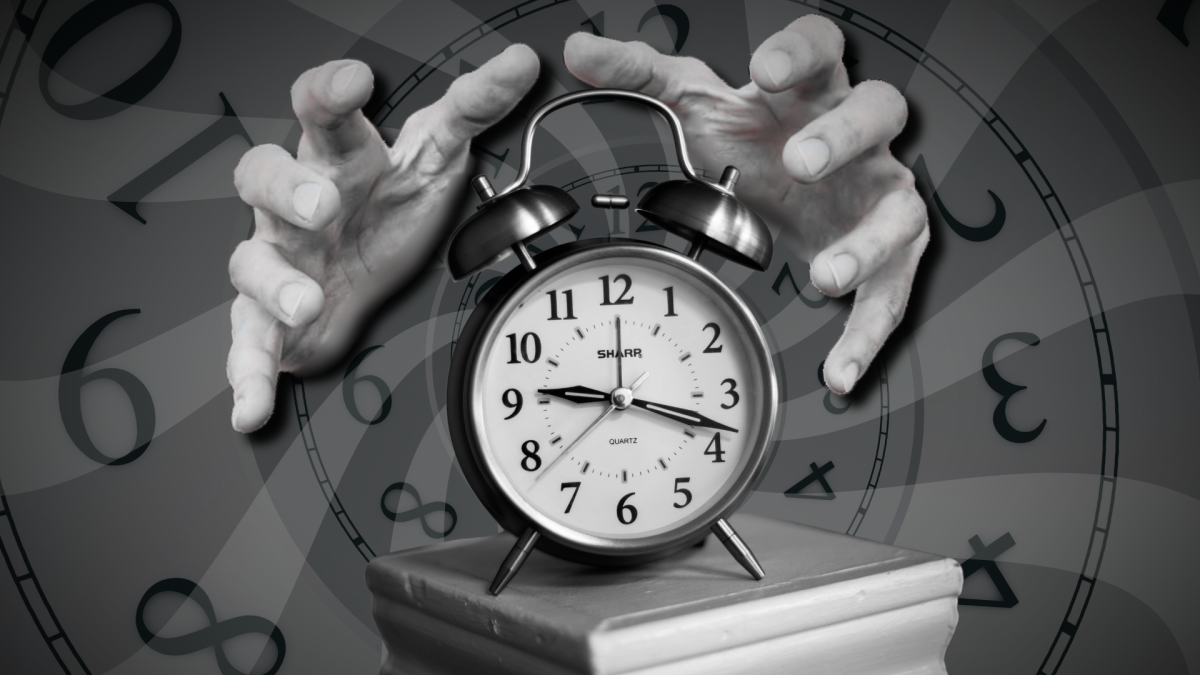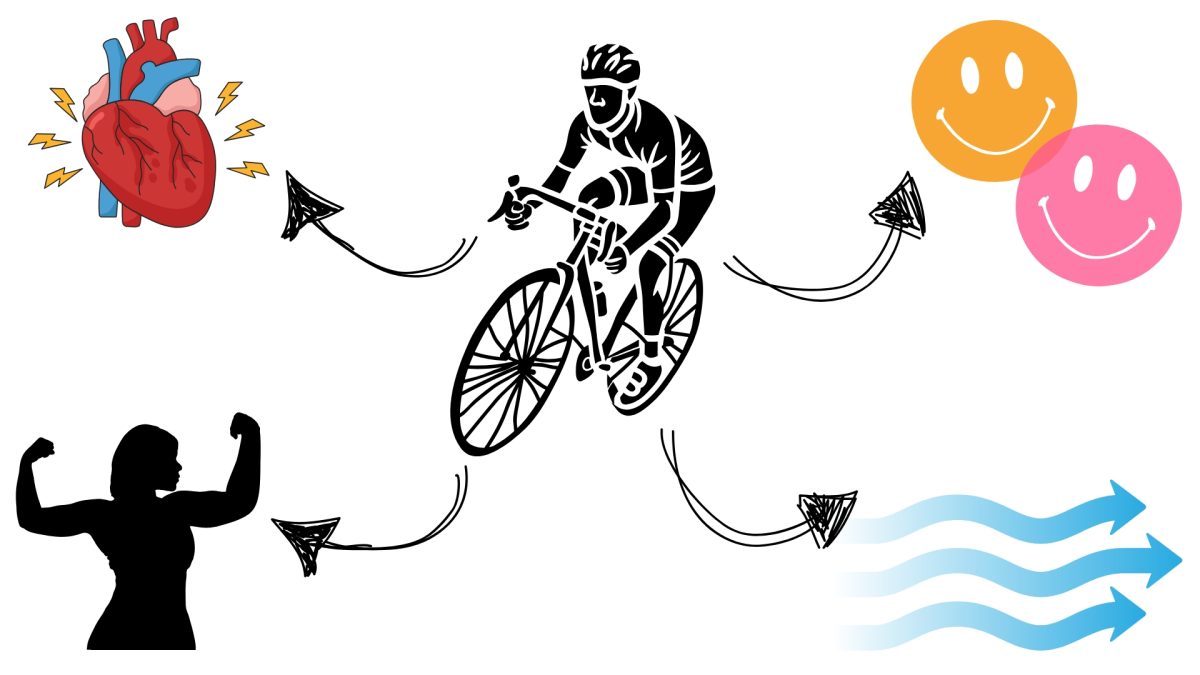Higher taxes hurt Americans more than the funded programs help
The American Dream is the idea that any individual should be able to make their own living and to propel their lives to the fullest extent; it’s a founding principle of the United States, and it’s what makes this nation great. However, a national debt that’s over $17 trillion, a recent government shutdown that has cost taxpayers $24 billion, and a broken federal health care system is crippling that dream.
There’s no doubt that heavy economic distress is present in America, and it’s being felt by citizens all across the country. Amidst a debt ceiling debacle in Washington, tax rates are at an all-time high, and 76% of Americans are currently living paycheck to paycheck, meaning they have no extra money to bank on in case of unexpected happenings, such as a sudden illness or job loss. For these past five years all President Obama has churned out are complicated initiatives that he promised will save heaps of money for Americans, such as Obamacare. But after watching these plans unfold, we’re seeing that there’s definitely more cost associated with such programs than there is benefit.
With the national debt skyrocketing, wasteful government spending harming the wallets of the people, and this country’s leadership ratings nearing all-time lows, we are clearly in need of more economic reform. But our plan for prosperity in this country needs to be simple, reflective of the American Dream, and it must put more money into the pockets of Americans.
Here’s what needs to happen if America is to become economically strong again: the outrageous tax rates in this country have to be lowered.
This should be a no-brainer solution for our leadership to implement, since Americans will be able to keep more of the money they work hard for. This will also solve the welfare and unemployment situation in our country, since Americans can work to earn more money and improve their qualities of life by being able to have more purchasing power. In fact, reducing tax has proven to be a successful strategy before. The state of Texas has eliminated income tax at the state level, and as a result of that initiative, 4 of the 5 best economically performing cities are located in Texas. And because the US government operates off of tax dollars, minimal taxes puts the government on the people’s side because it must run efficiently and not waste the money it is given.
Take for example a situation in which the average full-time working person makes $51,017 a year. In 1913, the tax paid on that income would’ve been just 1%, but today the rate is a whopping 32%. That’s just about a third of that person’s income, and he or she is left with only $34,691.56 of what they actually earned. The issue extends beyond just income tax as well. Each American spends an average of $41,161.92 a year, and after tacking on Minnesota’s state sales tax rate of 7.275%, the citizen will have to shell out nearly $3,000 extra. The problem remains consistent: it’s not consumer spending, and it’s certainly not about folks trying to earn a decent living. The problem lies within the excessive amounts of taxes Amercians are paying.
It’s time we stop playing around with slowly-but-surely economic strategies and fix this problem at its root. Even though tax is the main method of funding our government, we must remember that it needs to be on the people’s side; it should not act as a private business that aims to collect as much money as possible. Americans are paying a lot in taxes for what is becoming a larger and more ineffective governing power, and the best thing that can be done to heal the wallets of Americans is to keep the taxes to a minimum.




































![Teacher Lore: Mr. Hillman [Podcast]](https://bsmknighterrant.org/wp-content/uploads/2025/03/teacherlorelogo-1200x685.png)




